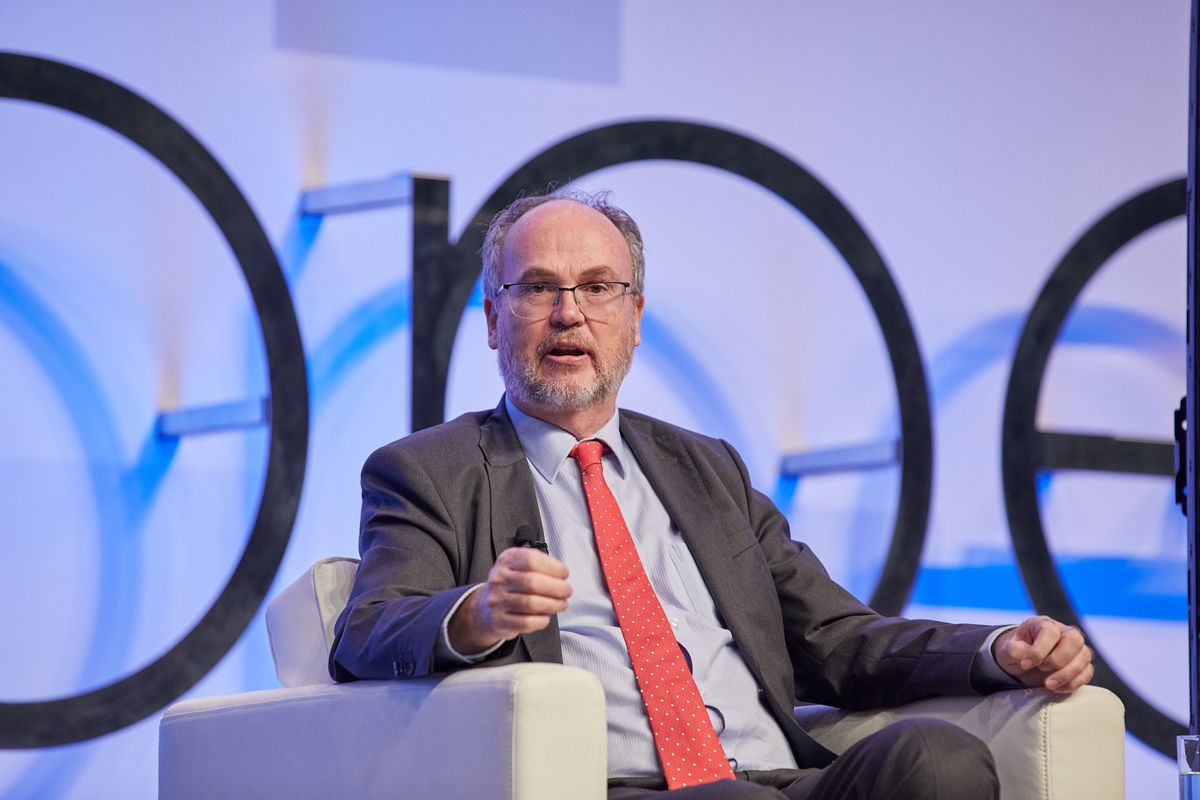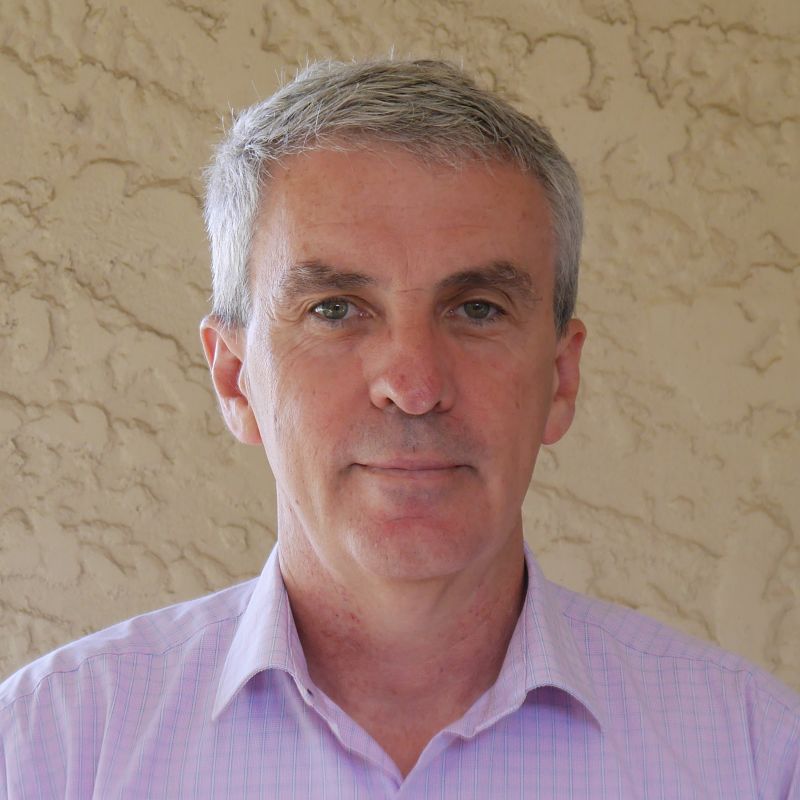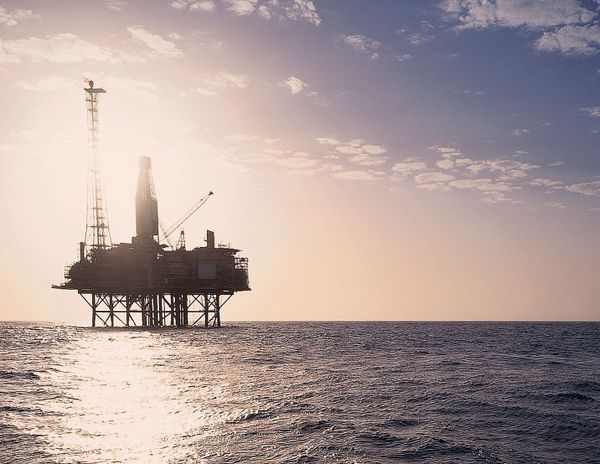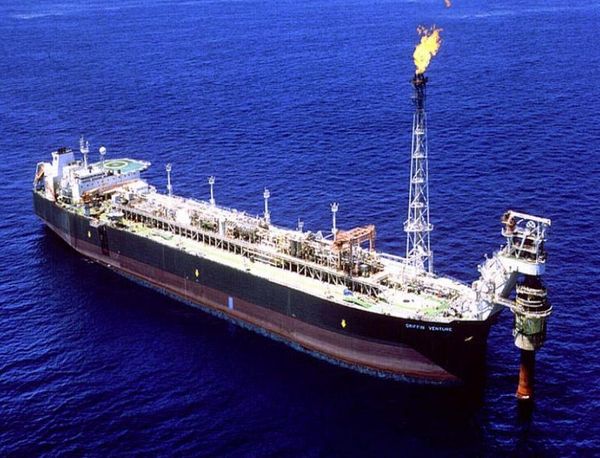Johnston backs gas for WA power and industry
WA energy minister Bill Johnston sees no current alternative to gas for dispatchable power and wants to use low prices to lure more gas-hungry investments to WA

WA energy minister Bill Johnston sees a strong future for gas and the closure of more coal-fired power stations in the South West.
Johnston told the APPEA Conference in Perth last week that there is no question that the energy sector is being transformed.
"We'll have increasing renewables, but the problem is that there is currently no dispatchable alternative to natural gas," Johnston said.
"I know the challenge of operating coal-fired power stations,
"Gas is much more flexible; it has a continuing future, but there is a transition on, and the challenge for hydrocarbons is to make sure they can deliver their potential."
Johnston said WA's power had a lower carbon intensity than the eastern states due to a higher proportion of gas generation.
In the past 12 months, gas generated 33 per cent of WA's power and just seven per cent in the east coast National Electricity Market, according to database OpenNEM.
Coal closures
State-owned generator and retailer Synergy owns the Collie and Muja coal-fired power stations in Collie. Synergy will shut down two of Muja's four turbines in 2022 and 2024.
WA's coal generation fleet will then have two 212MW units at Muja, the 318MW Collie station and two 217MW units at the privately-owned Bluewaters Power Station.
"It is clear there will be further coal closures; we're not hiding that," Johnston said about the State-owned stations, adding that any decision would come after an assessment of the power system's stability without the two Muja units.
Synergy plans to install a 100MW battery in Kwinana by late 2022, in part to help maintain system stability.
"If we then go to another coal closure, we'll have to make a decision about what else goes into the market at that time," Johnston said.
Collie's power stations are fuelled by mines run by Premier Coal and Griffin Coal, both of which have struggled financially in recent years.
In 2020 Premier Coal reported its first profit in five years, according to The West Australian, after securing a higher price for the 3.5 million tonnes of coal is supplies to Synergy each year.
"We don't have any levers to force an amalgamation of the two operations there, but clearly it would a be a sensible outcome," Johnston said.
More gas-consuming industries for WA
Johnston, who is responsible for the mines and petroleum portfolio, as well as energy, said he did not expect significant additional LNG infrastructure to be built in WA.
Woodside's plan for an extra LNG train at Pluto to process gas from Scarborough was "very important to us," Johnston said.
The Government is also keen to see Woodside's carbon-intensive Browse fields, which would be processed with spare capacity at the North West Shelf LNG plant, developed.
"The real challenge is to make sure that the NWS is kept full, and I certainly urge the investors in the NWS to ensure they make decisions that brings that gas to market," Johnston said.
Johnston said recent onshore exploration success in the Mid West "gives us the opportunity to encourage gas-dependent industries to move to WA."
"The good news is that in WA, by the combination of aligning our domestic needs with our export needs and having a very successful onshore industry that we can have plenty of gas at a globally competitive price.
"We've had such a success in our minerals processing industry, and we're now moving into the battery processing space."
Johnston contrasted WA's domestic gas reservation with the Northern Territory that is home to the giant Ichthys LNG project that supplies no gas to its domestic market.
In 2008 the Northern Territory Government signed away any hope of reserving any Ichthys gas for onshore. The project agreement with Inpex and Total requires the NT Government to compensate Ichthys for any profit lost if it imposes a domestic gas policy.
Johnston told the oil and gas industry forum that WA, like many other jurisdictions, has a net-zero emission by 2050 ambition and "we know that the oil and gas industry is playing their part in that movement."
Main image: WA Energy Minister Bill Johnston speaks at the APPEA Conference in Perth, June 2021. Source: APPEA




